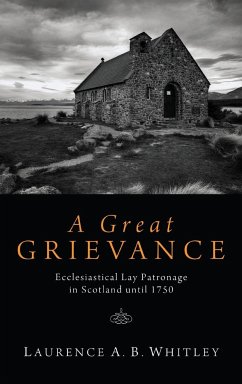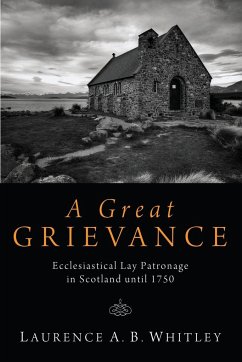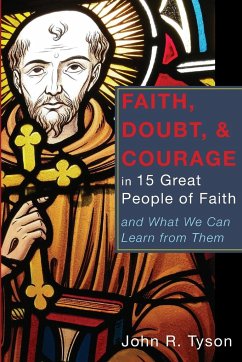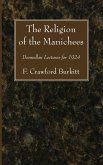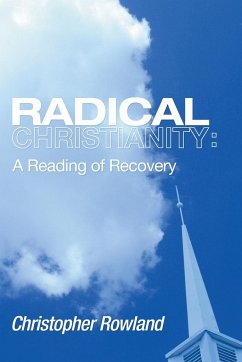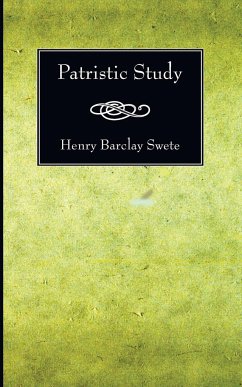In 1843 the Church of Scotland split apart. In the Disruption, as it was called, those who left to form the Free Church of Scotland claimed they did so because the law denied congregations the freedom to elect their own pastor. As they saw it, this fundamental Christian right had been usurped by lay patrons, who, by the Patronage Act of 1712, had been given the privilege of choosing and presenting parish ministers. But lay patronage was nothing new to the Church in Scotland, and to this day it remains an acceptable practice south of the border. What were the issues that made Scotland different? To date, little work has been done on the history of Scottish lay patronage and how antipathy to it developed. In A Great Grievance, Laurence Whitley traces the way attitudes ebbed and flowed from earliest times, and then in the main body of the book, looks at the place of Scottish lay patronage in the extraordinary and complex period in British history that followed the Glorious Revolution of 1688. The book examines some of the myths and controversies that sprung up and draws some unexpected conclusions.
Hinweis: Dieser Artikel kann nur an eine deutsche Lieferadresse ausgeliefert werden.
Hinweis: Dieser Artikel kann nur an eine deutsche Lieferadresse ausgeliefert werden.

